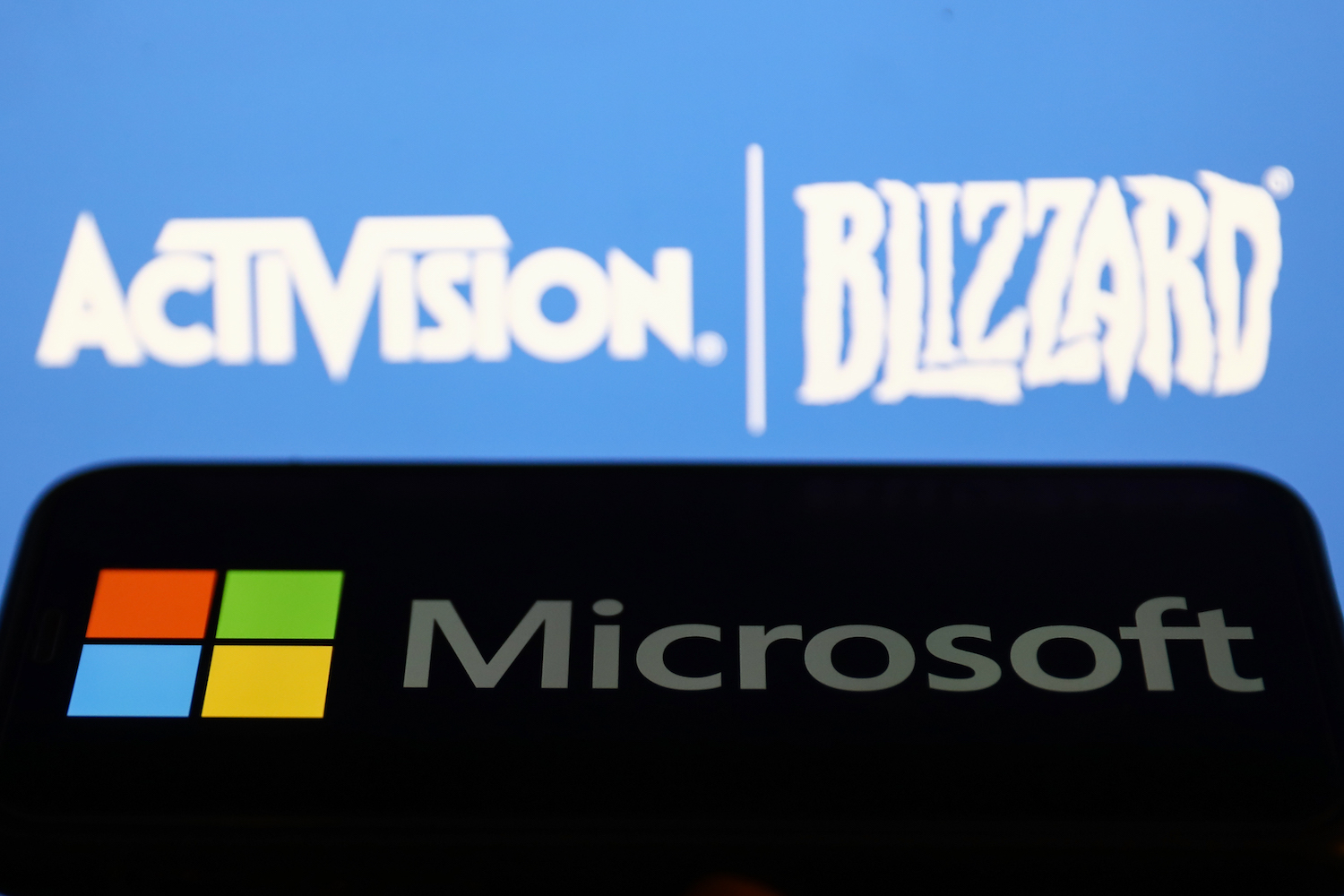
A merger that’s good for workers and consumers
Reading Time: 3 minutesAfter an exhaustive review by regulators in the United States and across the globe, Microsoft’s proposed acquisition of Activision Blizzard is on track to close later this year. The European Commission approved the transaction in May, the Federal Trade Commission has suspended its administrative challenge, and negotiations are underway with the United Kingdom’s Competition and Markets Authority.
As the newly elected president of the Communications Workers of America, I am extremely encouraged by these developments. Thanks to the regulatory process, this deal will significantly enhance competition in the video game industry while securing workers’ rights and consumer interests.
In a complaint filed to block the acquisition, the FTC commissioners expressed concern that Microsoft would stifle competition by withholding popular Activision video games from other game consoles and streaming services. The concessions Microsoft has made to win approval from the European Commission not only address those concerns, but they also expand the availability of Activision titles to additional cloud gaming services that did not previously carry titles like Call of Duty.
That’s a significant win for consumers. Under the terms of the merger, Microsoft will be doing more to ensure that its games are available on multiple platforms than Activision Blizzard is currently doing and more than its chief competitor, Sony, which blocks U.S.-based competitors from competing in Japan’s gaming market.
For workers, the potential benefits are even more dramatic.
The technology and video game industries are notorious for enabling toxic and discriminatory work environments and for fighting workers who want to organize a union. I have seen this firsthand. Prior to my election as president of CWA, as district vice president for the south-central region of the United States, I supported the historic efforts of YouTube music contractors who successfully voted to join our union. Now YouTube parent company Alphabet is refusing to recognize the union. At Apple, my region’s Oklahoma City store was the second in the United States to win union representation, and in the course of our organizing, we uncovered evidence of racial inequities in the opportunities available to workers.
Employer resistance to workers’ collective action has been particularly prevalent at Activision Blizzard. When quality assurance workers at two studios decided to address their low pay and other poor working conditions by organizing to join our union, the company responded with a relentless and illegal campaign to prevent them from even holding a vote.
Microsoft has taken a different approach. The company worked with us to negotiate an unprecedented, enforceable labor neutrality agreement, which, if the merger is approved, would allow workers at Activision Blizzard to freely and fairly make a choice about union representation. The fact that workers’ concerns entered the acquisition conversation is in no small part thanks to the new antitrust emphasis on labor markets championed by the Biden administration.
Although the terms of our agreement only apply to Activision Blizzard employees after Microsoft closes its acquisition, Microsoft executives made good on those principles for their own employees earlier this year. When quality assurance testers at the company’s Zenimax studio expressed interest in joining CWA, they were allowed to choose for themselves whether to join. No one was fired in retaliation for union activity. No one was forced to attend mandatory meetings and listen to union-busting pitches. The process was simple, free, and fair, the way it should be.
Sadly, Microsoft stands alone among major U.S. video game and tech companies. Sony’s U.S. workforce is in the same position as Activision Blizzard’s, left to struggle under weak labor laws that companies often ignore. At this year’s Game Developers Conference, a group of video game workers delivered a letter to Sony’s management asking the company to agree to allow its workers to organize free from retaliation and interference. The response? Silence.
Collective bargaining plays a critical role in counterbalancing employer market power. It constitutes a structural change to the labor market wherever it happens, enabling workers to achieve needed improvements to their wages and working conditions through their combined bargaining power. Under FTC chair Lina Khan’s leadership, the Commission’s intention to examine labor market impacts of mergers is well known. The draft merger guidelines that were recently released by the FTC and the Department of Justice begin to formalize that intention.
The global commitments Microsoft has made on the consumer front paired with its game-changing labor market commitments will not only prevent harm to consumers but will also give workers a seat at the table that antitrust policymakers had until recently long excluded them from and that our democracy once again demands.
Reference: https://techcrunch.com/2023/08/14/a-merger-thats-good-for-workers-and-consumers/
Ref: techcrunch
MediaDownloader.net -> Free Online Video Downloader, Download Any Video From YouTube, VK, Vimeo, Twitter, Twitch, Tumblr, Tiktok, Telegram, TED, Streamable, Soundcloud, Snapchat, Share, Rumble, Reddit, PuhuTV, Pinterest, Periscope, Ok.ru, MxTakatak, Mixcloud, Mashable, LinkedIn, Likee, Kwai, Izlesene, Instagram, Imgur, IMDB, Ifunny, Gaana, Flickr, Febspot, Facebook, ESPN, Douyin, Dailymotion, Buzzfeed, BluTV, Blogger, Bitchute, Bilibili, Bandcamp, Akıllı, 9GAG